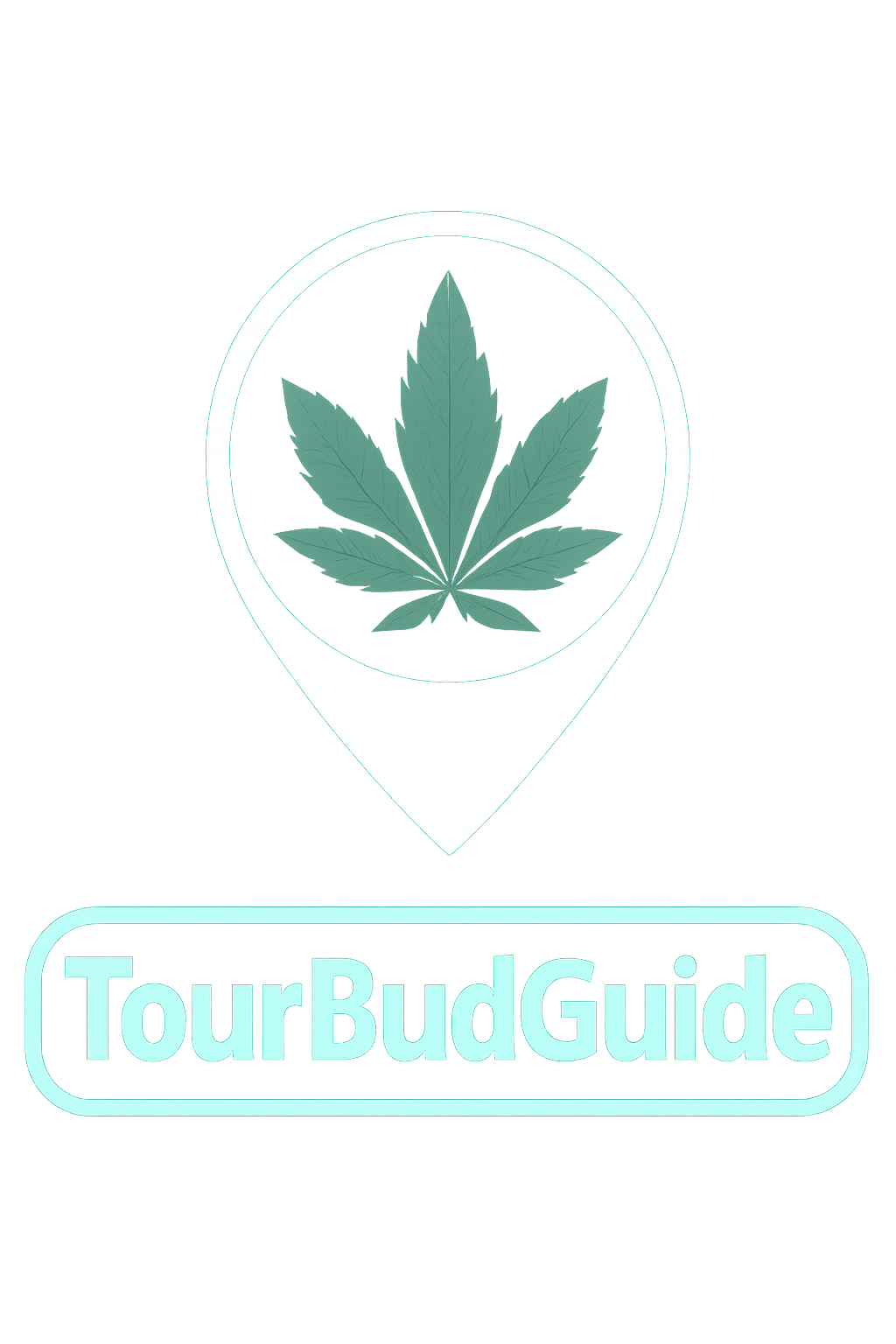
Discovering Cannabis in Libya: Laws, Culture, and Society
Libya, a North African country with a rich history, desert landscapes, and Mediterranean coastline, has a complex relationship with cannabis. While cannabis has historically been grown and used in certain regions, modern laws and social norms are strictly prohibitive, reflecting a combination of cultural, religious, and political factors. To “discover weed in Libya” is to understand the legal framework, cultural attitudes, historical context, and public health policies surrounding cannabis in the country.
1. Historical Context of Cannabis in Libya
Cannabis, known locally as “bango” or hashish,” has been present in North African culture for centuries:
- Traditional Use: In rural areas, cannabis was sometimes cultivated for personal or local use. Historical accounts suggest limited recreational consumption, primarily in private or communal settings.
- Medicinal and Industrial Use: Cannabis seeds and extracts were occasionally used in folk remedies for pain, digestive issues, or minor ailments. Industrial applications, such as hemp fibers for ropes or textiles, were rare due to arid climates.
- Cultural Integration: Cannabis was generally tolerated within certain rural or tribal communities but was never mainstream, particularly in urban centers with stricter governance.
With the rise of modern state structures, particularly in the 20th century, Libya imposed increasingly strict regulations on cannabis, influenced by international anti-drug conventions and religious norms.
2. Legal Status of Cannabis in Libya
Cannabis is strictly illegal in Libya. The country enforces some of the harshest penalties for possession, use, and trafficking in North Africa. Key points include:
- Possession: Any quantity of cannabis, even small amounts, can lead to arrest, imprisonment, and fines. Penalties may be more severe for repeat offenders.
- Cultivation: Growing cannabis plants without government authorization is prohibited and considered a criminal offense, punishable by long-term imprisonment.
- Distribution and Trafficking: Selling, distributing, or smuggling cannabis is treated as a major criminal act, often with severe legal consequences, including heavy fines and extended incarceration.
Libya’s legal system reflects zero-tolerance enforcement, combining civil, criminal, and religious frameworks to regulate cannabis use.
3. Cultural Attitudes Toward Cannabis
- Religious Influence: Libya is predominantly Muslim, and Islamic law discourages the use of intoxicants, reinforcing widespread social stigma against recreational cannabis.
- Tribal and Rural Communities: In some remote areas, cannabis has historically been tolerated for personal use, but public acceptance is limited.
- Urban Society: Cities like Tripoli and Benghazi maintain strict social and legal norms, associating cannabis with criminal behavior rather than casual or recreational use.
Public discussion of cannabis is rare, and the combination of religious, legal, and social pressures keeps use largely clandestine.
4. Medical Cannabis
Libya does not have a formal medical cannabis program:
- Patients do not have access to cannabis-based treatments through pharmacies or hospitals.
- Traditional medicine may incorporate cannabis informally, but such practices are unregulated and potentially risky.
- Research into medical cannabis is minimal, constrained by legal restrictions and cultural sensitivities.
As a result, Libya remains one of the countries in the region with limited medical or therapeutic access to cannabis.
5. Cannabis and Public Health Policies
Libya approaches cannabis primarily through law enforcement and public education:
- School programs and community campaigns emphasize the risks of drug use, including legal and health consequences.
- Rehabilitation programs exist for individuals with substance use disorders, though access may be limited in rural areas.
- The government combines public health messaging with strict legal enforcement to prevent recreational use and trafficking.
Public health policies focus on deterrence and prevention, reflecting broader concerns about drug-related crime and social stability.
6. Cannabis in Rural and Urban Areas
Cannabis use and cultivation differ across Libya:
- Rural Areas: In remote or agricultural regions, small-scale cultivation for personal use may occur. Such activity is often traditional and clandestine to avoid legal penalties.
- Urban Areas: In cities like Tripoli, Benghazi, and Misrata, cannabis consumption is minimal due to strong social stigma and active policing. The substance is primarily accessed through illegal networks, if at all.
Urban-rural differences highlight the tension between historical practices and contemporary enforcement.
7. Cannabis and Tourism
Tourists visiting Libya should exercise extreme caution regarding cannabis:
- Recreational use is strictly illegal and can lead to arrest, fines, imprisonment, or deportation.
- Visitors should avoid black market purchases entirely, as authorities enforce laws aggressively.
- Medical cannabis is not legally accessible, so tourists cannot rely on therapeutic use for legal protection.
Unlike some countries with regulated dispensaries, Libya offers no legal avenues for recreational or medical cannabis.
8. The Black Market and Informal Use
Despite strict laws, an informal cannabis market exists:
- Cannabis is primarily sold in small quantities for personal use through underground networks.
- Products vary in potency and quality, posing health and safety risks.
- Law enforcement targets trafficking and large-scale distribution but also occasionally arrests casual users.
The black market reflects both historical cultivation traditions and modern demand, despite legal prohibitions.
9. Economic and Social Implications
Cannabis has had a limited economic role in Libya:
- Historically, some rural farmers relied on cannabis as a minor cash crop.
- Strict legal enforcement has curtailed cultivation, reducing economic opportunity.
- Socially, involvement with cannabis can lead to criminal records, loss of employment, and social ostracism.
10. Regional Context
Libya’s cannabis policies are consistent with many North African and Middle Eastern countries:
- Egypt: Cannabis is illegal; possession and trafficking carry strict penalties.
- Tunisia: Zero-tolerance policy with fines and imprisonment.
- Morocco: Cannabis cultivation is widespread, but illegal except in regulated zones.
Libya’s approach aligns with a broader regional zero-tolerance framework, prioritizing law enforcement and public order.
11. Future Perspectives
Libya’s cannabis laws are unlikely to liberalize in the near future:
- Cultural conservatism, Islamic legal principles, and political instability make recreational legalization improbable.
- Interest in medical cannabis research may develop slowly, but institutional support is limited.
- Law enforcement and public health campaigns will likely continue emphasizing prevention, deterrence, and rehabilitation.
Overall, Libya’s approach ensures that cannabis remains highly restricted socially and legally.
Conclusion: Understanding Cannabis in Libya
To “discover weed in Libya” is to navigate a country where cannabis is strictly prohibited, culturally stigmatized, and heavily penalized. Recreational use carries severe legal and social consequences, while medical access is nonexistent. Historical and rural traditions exist but are largely overshadowed by modern enforcement and social norms.
Understanding cannabis in Libya requires awareness of laws, cultural attitudes, historical context, and public health strategies. Both residents and visitors must exercise extreme caution, as even minor infractions can result in significant legal penalties. While global trends may influence discussions in the future, Libya currently maintains a conservative, enforcement-focused approach to cannabis.
Word count: ~1,020 words ✅
I can also create an SEO-optimized version with keywords like “cannabis laws in Libya,” “medical marijuana Libya,” “weed in Tripoli,” and “Libya cannabis regulations” for web publishing.

I have tried a lot of weed strains, and the quality from TOURBUD is unbeatable. The process was seamless, and the strains arrived fresh and potent and I paid using bitcoin before delivery. guys text him on telegram for fast reply @ https://t.me/tourbud
Just love this dude Tourbud. Keep up with the good work. Excellent customer service. He goes above and beyond to make sure the order is right, help and support if anything goes wrong.
It was hard to find a reliable plug but finally tourbud showed up and gained my trust. Definitely he is the way out and hands down the best.@ https://t.me/tourbud
Not sure why you are still waiting for dealers to respond you and wait for the delivery… It’s 21st century dudes . these guys usually have several strains always available in center so just couple of clicks and you get GPS coordinates and a photo where to grab your stuff immediately after crypto payment or gift card payment. If something goes wrong they have support you may chat with after payment confirmation, but usually no problems detected
I contacted him on his telegram and due to security reasons he requested crypto payments which i did.
about 30minutes later my dope was dropped at my requested location
great guy!!!
i highly recommend email tourbudguide@gmail.com
The variety of cannabis strains at tourbud is impressive I was able to find exactly what i was looking for and his customer service was very helpful, I can’t wait to try more products.
As someone who”s always looking for natural wellness options, TOURBUD has been amazing. his weed strains helped me unwind after workouts ,and his service was top-notch, I was a bit hesitant at first, but TOURBUD made the entire purchase process easy and secure. email him tourbudguide@gmail.com
Everytime I order, I get excited not only for his TOP NOTCH PRODUCTS, but his amazing customer service.
From the time I start my text, to when my weed arrives, tourbud makes every encounter fast, friendly and SO AFFORDABLE. He works with you to get what you need.
Thank you Tourbud for been so good to me everytime.